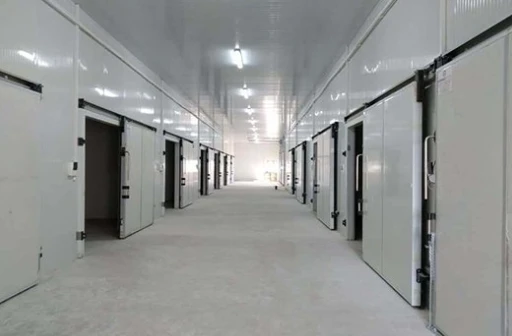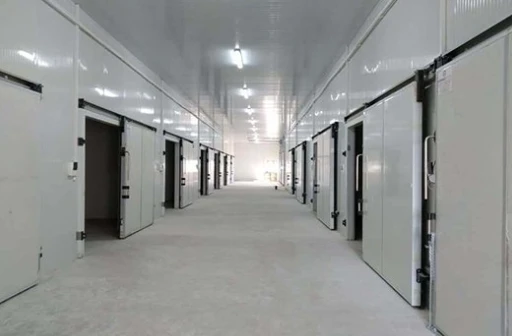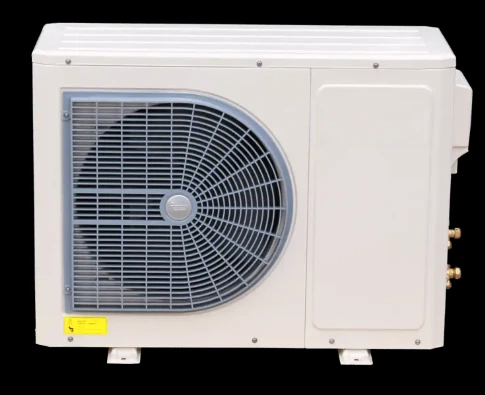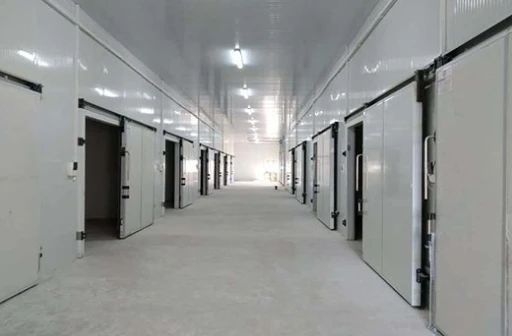Advanced Refrigeration Technology: From Airtight Freezer Machine to Intelligent Cold Storage Solutions
Cold storage and refrigeration equipment are at the heart of modern food supply chains, pharmaceutical logistics, and agricultural preservation. With the rapid development of global trade and increasing demand for food safety and pharmaceutical quality, refrigeration systems are no longer limited to traditional cold rooms. Businesses today seek innovative solutions such as the airtight freezer machine, vacuum cooler machine, and vacuum chiller, all of which bring higher efficiency, better preservation, and greater reliability.
At the same time, the integration of automation control, Internet of Things (IoT) technology, and data analysis has revolutionized the way cold storage facilities are designed and managed. Intelligent systems are capable of automatic monitoring, remote adjustment, and predictive maintenance, helping businesses reduce costs and extend equipment lifespan. This article explores the role of cutting-edge refrigeration technologies — from the freezer airtight machine to the vacuum cooling machine — and how digital transformation is shaping the cold storage industry.
Energy-Efficient Preservation With an Airtight Freezer Machine
The airtight freezer machine has become a cornerstone of modern refrigeration because of its ability to maintain completely sealed environments. By eliminating external air exchange, airtight systems reduce moisture loss, prevent contamination, and improve overall cooling efficiency.
In food preservation, this technology is crucial. Meat, seafood, dairy products, and bakery items remain fresher for longer periods when stored in an airtight freezer machine. The sealed structure minimizes freezer burn, ensuring that products retain their original flavor, texture, and nutritional value.
For pharmaceuticals, an airtight freezer machine guarantees sterility by preventing airborne particles and moisture from entering the storage chamber. Vaccines and biologics, which require stable environments, can be preserved without the risk of contamination.
Furthermore, automation plays an important role in managing airtight freezer systems. Intelligent sensors continuously monitor the internal atmosphere, while control algorithms adjust compressor activity, fan speed, and humidity levels in real time. This enhances both energy efficiency and product quality.
Precision Control and Safety in a Freezer Airtight Machine
Closely related to airtight freezers, the freezer airtight machine is specifically engineered to maintain ultra-low temperatures with sealed compartments. The unique advantage of this system lies in its advanced pressure regulation, which prevents outside air from infiltrating the chamber.
In industries such as biotechnology, chemical processing, and food production, a freezer airtight machine ensures consistent quality by maintaining strict environmental conditions. Automated control systems detect even the slightest changes in pressure or humidity and instantly adjust operational parameters to stabilize the environment.
Incorporating IoT technology allows operators to monitor a freezer airtight machine remotely. Mobile dashboards and cloud-based platforms display real-time data such as internal temperature, compressor status, and energy consumption. Managers can receive alerts if performance deviates from set parameters, ensuring quick responses and minimizing risks.
Rapid Cooling Benefits of a Vacuum Cooler Machine
For industries dealing with large quantities of fresh produce, speed is critical. The vacuum cooler machine is designed to cool agricultural products within minutes by using pressure reduction to accelerate moisture evaporation. This rapid cooling method is far more effective than conventional air-cooling techniques, especially for leafy vegetables, fruits, and flowers.
A vacuum cooler machine operates on a simple principle: when pressure is lowered inside the chamber, water in the products evaporates at a much lower temperature, absorbing heat and thereby cooling the produce quickly. As a result, harvested crops can be preserved at optimal freshness, extending shelf life and maintaining nutritional value.
Automation further improves the efficiency of a vacuum cooler machine. Intelligent control systems automatically regulate pressure, cooling cycles, and moisture content. With IoT integration, farmers and logistics operators can remotely manage equipment, optimize cooling times, and ensure consistency across batches.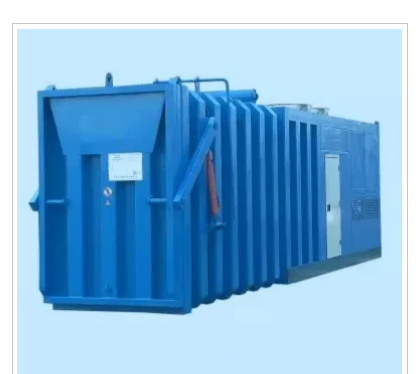
Industrial Applications of the Vacuum Chiller
The vacuum chiller is another breakthrough technology in cold storage, particularly useful for food processing and packaging plants. Unlike traditional chillers, a vacuum chiller rapidly lowers the temperature of freshly cooked or blanched foods, such as ready-to-eat meals, poultry, and bakery products. This prevents bacterial growth, locks in flavor, and prepares items for safe packaging.
In commercial kitchens and food factories, a vacuum chiller shortens production cycles by cooling products within minutes. This not only increases efficiency but also meets strict food safety regulations by ensuring that perishable goods pass quickly through the “danger zone” of bacterial growth (between 5°C and 60°C).
IoT-based vacuum chiller systems provide remote monitoring of cooling times, energy consumption, and equipment health. Combined with big data analytics, these systems can predict maintenance needs, reduce downtime, and optimize production flow.
Versatility of the Vacuum Cooling Machine
The vacuum cooling machine is widely recognized for its versatility, serving multiple industries including agriculture, food processing, logistics, and pharmaceuticals. Unlike standard refrigeration, this method provides ultra-fast, uniform cooling, which is particularly valuable in supply chains where time is critical.
For example, logistics providers use a vacuum cooling machine to stabilize the temperature of goods before transportation, reducing spoilage risks during long-distance shipping. In flower export industries, vacuum cooling ensures that delicate blossoms arrive fresh, extending their retail life.
With automation, the vacuum cooling machine can adjust parameters such as chamber pressure, cooling duration, and product load capacity without human intervention. IoT technology allows for centralized management across multiple facilities, while AI-driven analytics help forecast cooling demand and optimize energy usage.
Cost Considerations of Vacuum Cooling Machine and Airtight Systems
When investing in refrigeration solutions, businesses must consider more than initial purchase costs. Long-term savings come from energy efficiency, reduced spoilage, and extended equipment life.
For instance, a vacuum cooler machine may seem more expensive initially than conventional cooling equipment, but its ability to reduce waste and extend shelf life delivers greater value. Similarly, the freezer airtight machine offers lower operational costs through energy savings and fewer maintenance issues.
The adoption of IoT and AI systems also generates cost savings by minimizing downtime and optimizing energy usage. Over time, businesses achieve a higher return on investment compared to outdated refrigeration technologies.
Freezer Airtight Machine FAQs
What is the main advantage of an airtight freezer machine?
It provides a completely sealed environment that prevents contamination and maintains product freshness.
How does a vacuum cooler machine differ from traditional cooling?
It rapidly cools products by reducing pressure and accelerating evaporation, which is much faster than air cooling.
Is a vacuum chiller suitable for cooked food?
Yes, it is widely used in food processing to quickly cool cooked meals and ensure food safety.
Can I monitor a freezer airtight machine remotely?
Yes, with IoT integration, these machines can be monitored and controlled through mobile or cloud platforms.
How does data analysis improve a vacuum cooling machine?
By analyzing operational data, AI can optimize performance, reduce energy consumption, and predict maintenance needs.
The evolution of refrigeration technology — from the airtight freezer machine to the vacuum cooling machine — reflects the growing importance of automation, IoT, and data-driven management in cold storage. Businesses that adopt these innovations benefit from higher efficiency, improved product safety, and reduced operational costs.
With the integration of intelligent control systems, remote monitoring, and AI-powered analytics, refrigeration is entering a new era of smart cold storage. For industries that depend on reliable preservation, investing in advanced systems like the freezer airtight machine, vacuum cooler machine, and vacuum chiller is the key to long-term success.



